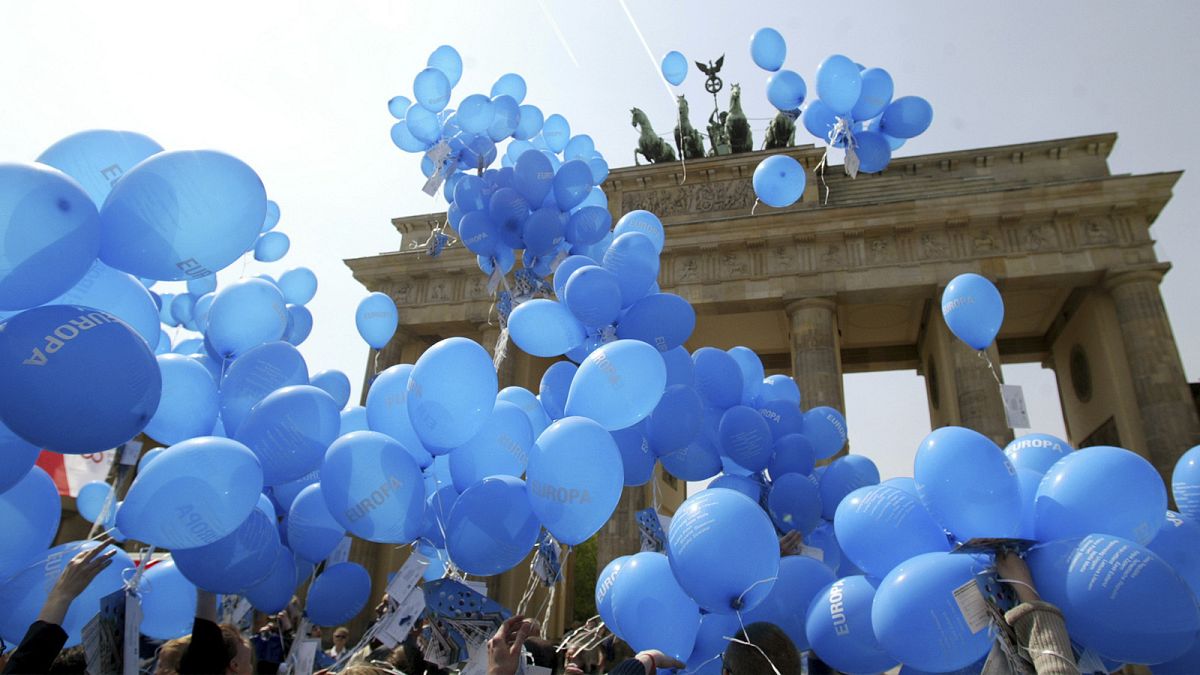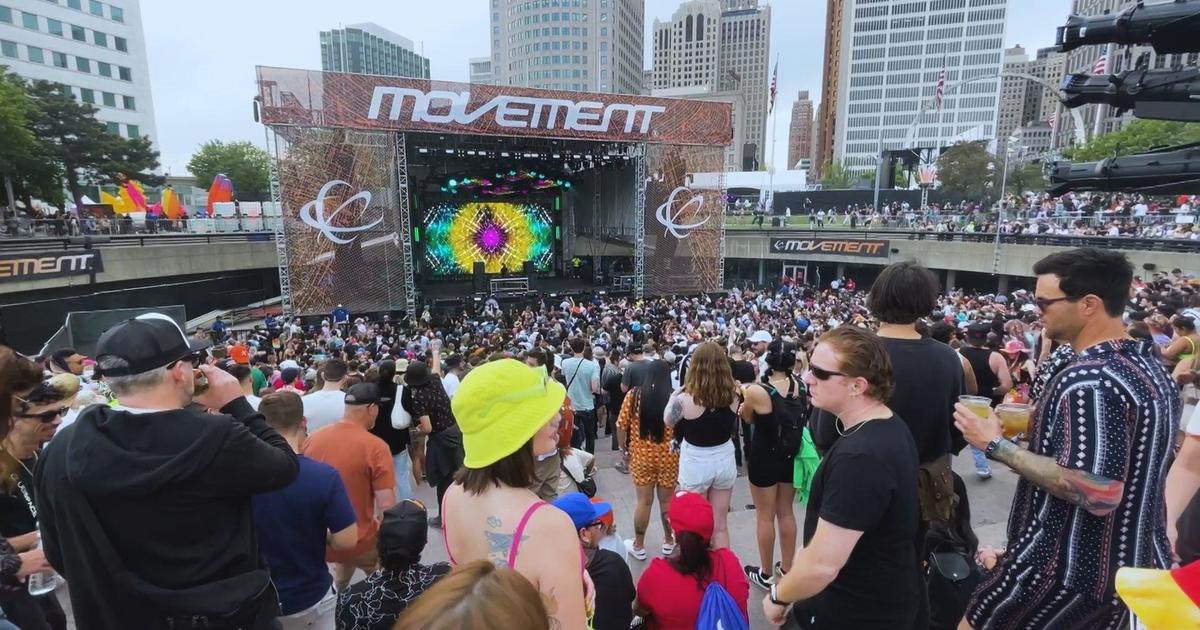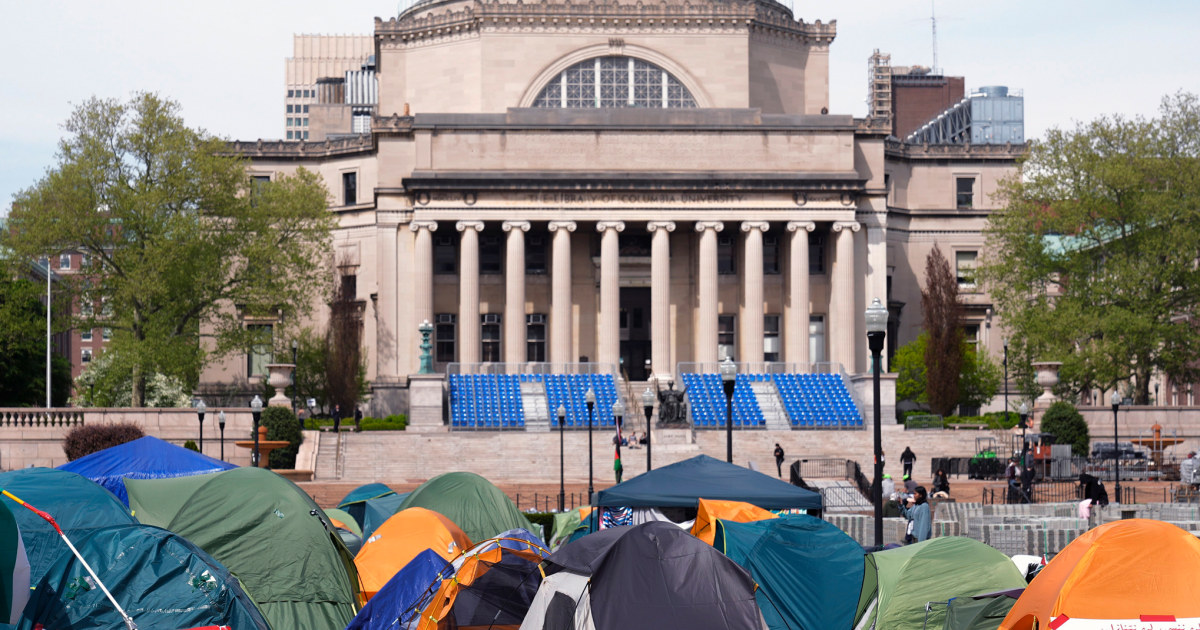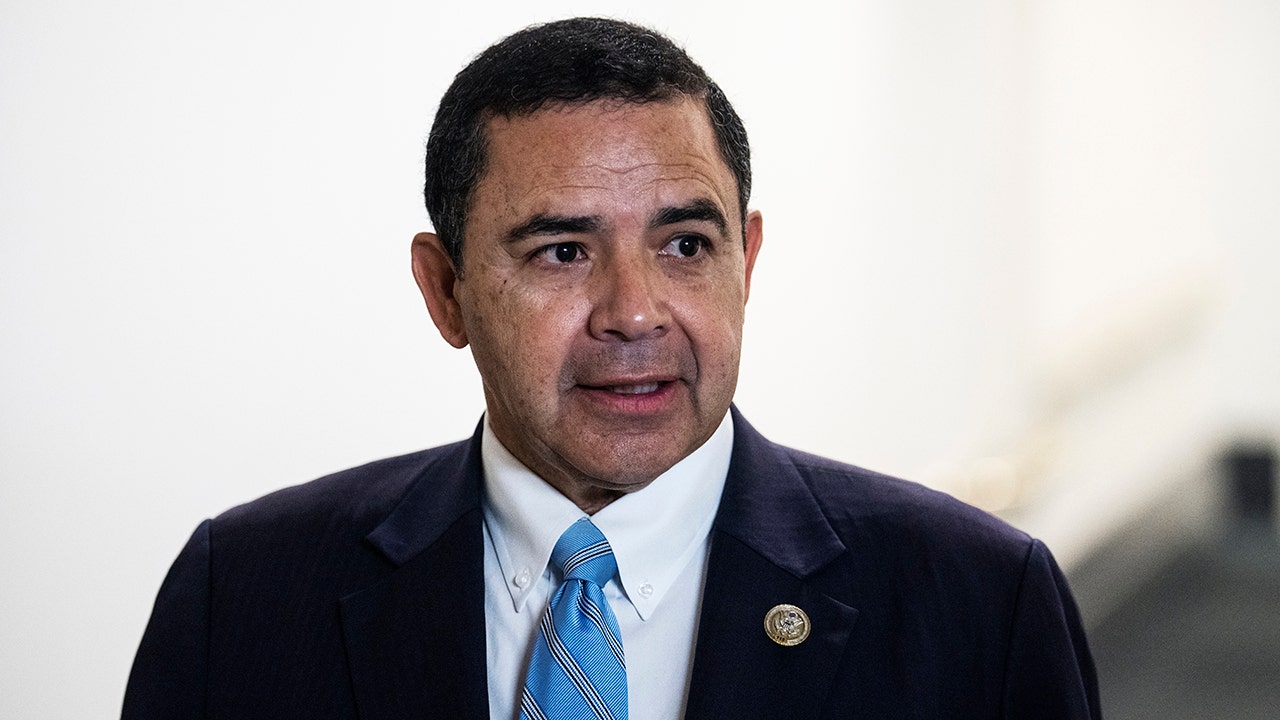World
Difficult decisions on EU enlargement loom as leaders meet in Spain
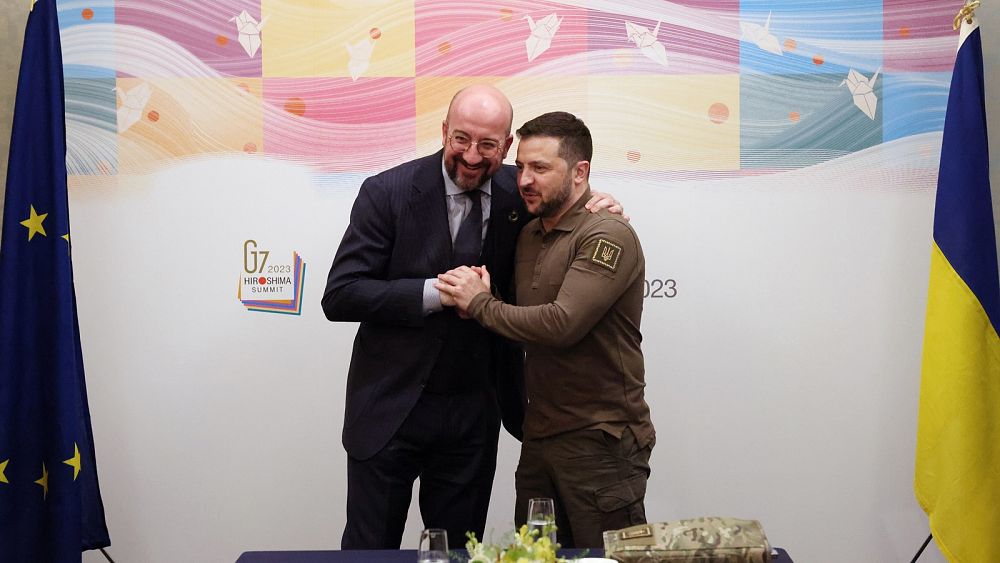
The idea of making the European Union bigger will be under the spotlight at two consecutive summits of European countries this week in Granada, Spain.
Enlargement is now back on the top of the political agenda as a result of Russia’s war on Ukraine, but the bloc must first face the difficult task of reforming its budget, institutions and decision-making processes before it can welcome new members.
As many as 47 heads of state and government from across the continent will discuss this and other pressing topics, such as migration, security, the environment, energy and artificial intelligence, when they gather on Thursday for the so-called European Political Community, which, in their own words, aims to “make Europe more resilient, prosperous and geostrategic.”
This novel configuration was set up last year in reaction to Russia’s aggression and is now being used as a forum for Europe-wide discussions, including on how to integrate new members into the EU.
Five Western Balkan countries, which have been in the bloc’s queue for decades, and Ukraine and Moldova, have put pressure on Brussels to speed up the accession process in response to Russia’s aggression.
But for the EU to grow from its current 27 members to potentially more than 30, many things have to change, as Fraser Cameron, an analyst at the European Policy Centre, a Brussels-based think tank, told Euronews.
“There will have to be a reorientation of the big spending priorities on agriculture and cohesion because obviously Ukraine, if it came in without any changes, will eat up most of the budget and that will not be acceptable for many member states,” Cameron said in an interview.
“So, there will have to be a difficult negotiation in terms of the budget, who pays in, who gets what.”
Cameron added that previous rounds of enlargement missed the opportunity to reform the current unanimity vote to avoid vetoes on key topics, such as foreign affairs.
The thinking is shared by the largest member states.
A recent report sponsored by France and Germany highlighted the need to adopt qualified majority voting for decisions on foreign and security policy to prevent them from falling victim to individual vetoes.
The report also pitches four differentiated tiers of political alignment, from full-time EU membership to the broader coalition of the European Political Community.
But for Vlad Gheorghe, a Romanian MEP, belonging to the EU should mean the same rules for everyone.
“We need to be very careful in not having second-hand countries within the European Union. I heard a lot of talk here in Brussels about the idea of having first-grade countries, maybe the older countries, and the newer countries becoming second-hand countries, and it is a very bad thing,” Gheorghe told Euronews.
Meanwhile, ahead of the Granada summit, European Council President Charles Michel repeated his pitch that the EU must be ready for enlargement by 2030.
Michel will chair an informal meeting of EU leaders on Friday where he will have the chance to expand upon his proposition.
“The purpose of setting a date is to open everyone’s eyes and to say we can’t procrastinate any longer. We can’t put it off any longer. It’s clear what kind of world we’re in,” Michel told Euronews in an interview recorded on Monday.
Michel’s 2030 target is opposed by the European Commission, which is tasked with examining the progress made by each candidate country in meeting the criteria and implementing the economic and judicial reforms needed to become EU members.
The executive argues that setting a fixed date is counterproductive since it presumes every potential member is at the same stage and will therefore reach the finish line simultaneously.
“We don’t understand the need for this date. This risks undermining the confidence of many stakeholders in a fair, transparent and merit-based accession process,” a Commission spokesperson said on Wednesday when asked about Michel’s proposal.
“The (EU) treaties give the European institutions a clear role as a neutral and objective intermediate in a clear and defined process.”

World
Video: Police Remove Dozens of Protesters from Sciences Po University in Paris

new video loaded: Police Remove Dozens of Protesters from Sciences Po University in Paris
transcript
transcript
Police Remove Dozens of Protesters from Sciences Po University in Paris
Student demonstrators had been occupying a campus building in central Paris, in protest over the war in Gaza. French police cleared the building on Friday.
-
Free Palestine. Free, free Palestine.
Recent episodes in Israel-Hamas War
World
Brazil's Lula invites Japan's prime minister to eat his country's meat, and become a believer
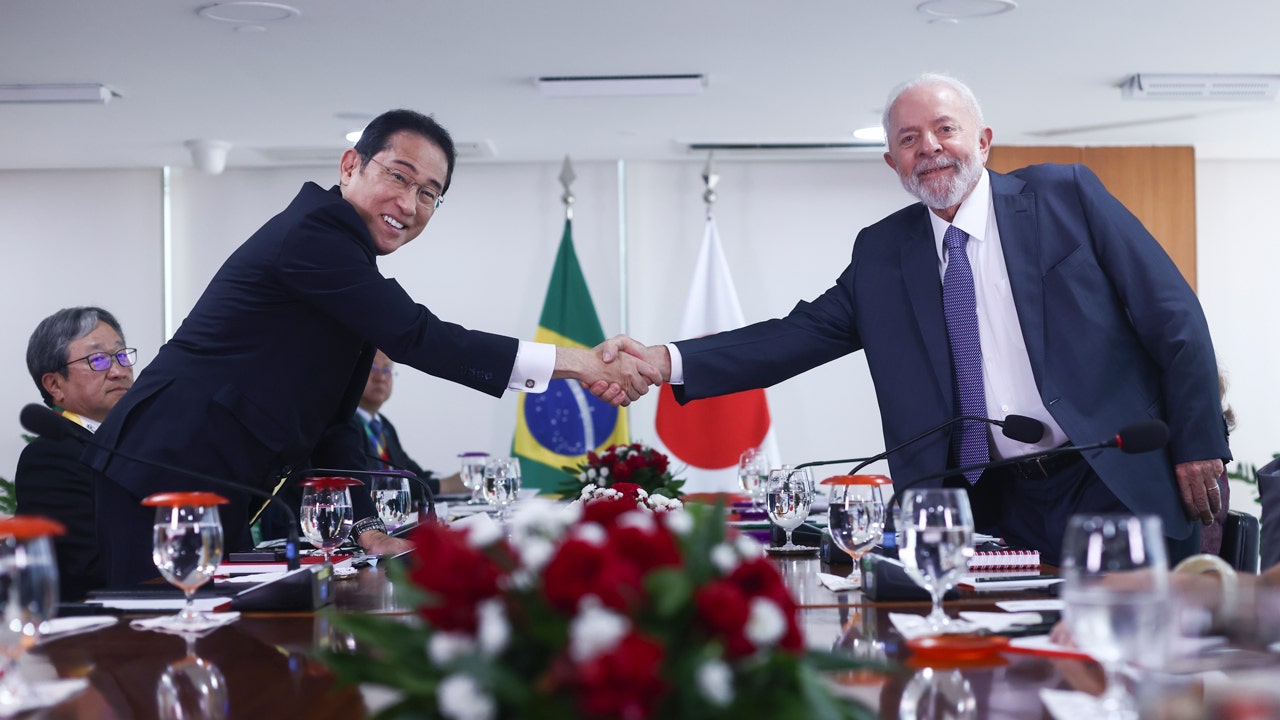
Brazil’s President Luiz Inácio Lula da Silva on Friday welcomed Japan’s Prime Minister Fumio Kishida on his first visit to the country, with the two meeting in the capital of Brasilia and the South American leader pushing his counterpart to buy his country’s beef.
Brazil had wished to seize on the bilateral meeting to push forward an agreement to open Japanese markets to Brazilian beef, a goal the Latin American country has pursued since 2005. In an appeal to the prime minister, Lula insisted he should eat at a steakhouse during his trip.
BRAZIL REASSURES FOREIGN COUNTRIES AFTER MEAT SCANDAL
“I don’t know what you had for dinner last night,” Lula said during the press conference, looking at Kishida and the Japanese delegation, then turning his attention to Vice President Geraldo Alckmin, who is also Minister of Industry, Commerce, Development and Trade. “Please, take Prime Minister Fumio to eat steak at the best restaurant in Sao Paulo so that, the following week, he starts importing our beef.”
Brazilian President Luiz Inácio Lula da Silva, right, and Japan’s Prime Minister Fumio Kishida shake hands for the media during a meeting at Planalto presidential palace in Brasília, Brazil, Friday, May 3, 2024. (AP Photo/Luis Nova)
Under Lula, Brazil has boosted efforts to export beef to international markets. Since the beginning of 2023 when Lula took office, 50 countries have lifted restrictions, mostly in Asia. According to Brazilian officials, about 70% of the beef consumed in Japan is imported, while 80% of the imports come from the U.S. and Australia.
“Our meat is cheaper and of better quality than the meat you buy. I don’t even know the price, but I’m sure ours is cheaper, and of extreme quality,” Lula added.
Brazil exported more than 2 million pounds of beef in 2023, barely breaking the record set the prior year, according to official trade data. The nation is the world’s largest beef exporter, shipping to over 90 countries. The sanitary conditions of the cattle industry are now “much better than in 2005, particularly regarding recognition of areas free from foot-and-mouth disease without vaccination,” Eduardo Paes Saboia, the secretary for Asia and Pacific at Brazil’s foreign affairs ministry, told reporters in Brasilia.
The cattle industry is also a major driver of the destruction of the Amazon rainforest and the Cerrado, a vast tropical savanna region. Japan and Brazil agreed to Japanese support for restoration initiatives of the Cerrado’s degraded areas. Additional cooperation agreements pertained to cooperation in cybersecurity and investment promotion, among other areas.
“There is great potential in bilateral cooperation to address global challenges,” Kishida said at a press conference after their bilateral meeting.
He added that he expected to enhance Japanese and Brazilian cooperation in environmental protection measures, climate change and sustainable development, mentioning his country’s recent $3 million contribution to the Brazilian government’s fund to protect the Amazon rainforest. He also noted that 150 Japanese executives had joined him on the trip.
Kishida’s first words to Lula, according to the Brazilian president, were to express solidarity with the victims of the floods in the southern state of Rio Grande do Sul that have killed 37 people as of Friday morning, with dozens more still missing.
Brazil is home to the world’s largest Japanese community outside Japan, with over 2.7 million Japanese citizens and their descendants. The first ships from the Asian country arrived to Brazil in 1908, and immigration peaked between World War I and II.
Prime Minister Kishida will travel to Asuncion, Paraguay in the afternoon to attend a business summit, meet the Japanese community and have dinner with President Santiago Peña. On Saturday morning, he is expected to fly back to Brazil to meet the Japanese community in Sao Paulo, deliver a speech at the University of Sao Paulo and attend a business meeting.
World
In Texas, pro-Palestine university protesters clash with state leaders

Austin, Texas – “It didn’t feel real.” That’s how Alishba Javaid, a student at the University of Texas at Austin, describes the moment when she saw roughly 30 state troopers walk onto the campus lawn.
Javaid and hundreds of her classmates had gathered on the grass, in the shadow of the campus’s 94-metre limestone tower, as part of a walkout against Israel’s war in Gaza.
They were hoping that their school would divest from manufacturers supplying weapons to Israel. Instead, law enforcement started to appear in increasing numbers.
By Javaid’s count, the state troopers joined at least 50 fellow officers already in place, all dressed in riot gear. The protest had been peaceful, but nerves were at a high. The troopers continued their advance.
“That was the first moment I was genuinely scared,” said Javaid, 22.
Dozens of students were ultimately arrested on April 24, as the officers attempted to disperse the protesters. Footage of the clashes between police and demonstrators quickly spread online, echoing images from other campus protests across the United States.
Yet, Texans face a unique challenge, as they contend with a far-right state government that has sought to limit protests against Israel.
In 2017, Governor Greg Abbott signed a law that prohibits government entities from working with businesses that boycott Israel, and the state has since taken steps to tighten that law further.
Abbott has also cast the current protests as “hate-filled” and “anti-Semitic”, amplifying misconceptions about demonstrators and their goals.
In addition, a state law went into effect earlier this year that forced public universities to shutter their diversity, equity and inclusion (DEI) offices.
Multiple students and employees told Al Jazeera that campuses have become less safe for people of colour as a result of the law, which forced the departure of staff DEI advocates.
‘Using violence to subvert minorities’
The violence has continued at University of Texas campuses as students press forward with their protests.
On the final day of class, April 29, police used pepper spray and flash-bang devices to clear a crowd at the Austin campus, while dozens more were encircled by troopers and dragged away screaming.
Hiba Faruqi, a 21-year-old student, said her knee “just kept bleeding” after she was knocked over during a pushing-and-shoving match between students and police.
Yet she counts herself lucky for not sustaining worse injuries. It was surreal, she said, to think that her own university called in state troopers — and then had to deploy medical personnel to assist students who were hurt.
“There’s a racist element people don’t want to talk about here,” she said. “There’s a xenophobic element people don’t want to acknowledge. There are more brown protesters, which maybe emboldens the police to do things a certain way.”
As calls for divestment continue, students, lawyers and advocates told Al Jazeera they have been forced to navigate scepticism and outright hostility from the Texas government.
“Texas is known for using violence to subvert minorities,” Faruqi said. “The reason this is shaking people this time is because it’s not working.”

Scrutiny over university endowments
Many of the protests have zeroed in on the University of Texas’s endowment, a bank of funds designed to support its nine campuses over the long term.
The University of Texas system has the largest public education endowment in the country, worth more than $40bn.
Some of that money comes from investments in weapons and defence contractors, as well as aerospace, energy and defence technology companies with deep ties to Israel.
ExxonMobil, for example, is one of the biggest beneficiaries of the system’s investments, and the company has supplied Israel with fuel for its fighter jets.
Those ties have fuelled the protests across the state’s public university campuses, including a May 1 demonstration at the University of Texas at Dallas.
Fatima — who only shared her first name with Al Jazeera, out of fear for her safety — was among the demonstrators. She wiped sweat from her brow as a young child led the crowd of about 100 in a series of chants: “Free, free, free Palestine!”
The divestment protests have largely been peaceful, Fatima explained, raising her voice to be heard above the noise.
“Over 30,000 people have been murdered,” she said, referring to the death toll in Gaza, where Israel’s military campaign is entering its eighth month.
“And our university is investing in weapons manufacturing companies that are providing Israel with these weapons. We’re going to stay here until our demands are met.”
Twenty-one students and staff members were arrested that day in Dallas. Members of the group Students for Justice in Palestine, of which Fatima is a member, spent the night outside the county jail, waiting for their friends to be released.
One protester wryly noted outside the jail that they had been arrested for trespassing on their own campus, a seemingly nonsensical offence.
In the background, a thunderstorm was beginning to rear its head, so the protesters huddled closer together under the awning.

Texas officials and university administrators have justified the police crackdowns, in part, by citing the presence of outsiders with no present affiliation with the campuses involved.
But 30-year-old activist Anissa Jaqaman is among those visiting the university protests, in an effort to lend supplies and support.
Everyone has a role to play, Jaqaman explained: Her role is sometimes that of the communicator, but more often that of the healer.
She has brought water to the student demonstrators at the University of Texas at Dallas and hopes to provide a space for people to “come over and talk about how we heal”.
“This is a healing movement,” she said time and again as she spoke to Al Jazeera. “We have to carry each other.”
Jaqaman is Texas through and through: She was raised in the Dallas suburbs and is a strong advocate for her state.
“I’m a proud Texan,” she said. “I actually think that Texans are some of the nicest people in the country.”
But back when she was in college, from 2012 to 2016, Jaqaman started to use her voice to bring awareness to the plight of Palestinians.
Rights groups have long warned that Israel has imposed a system of apartheid against the ethnic group, subjecting its members to discrimination and displacement.
In college, Jaqaman’s friends often laughed at her passion. She often smiles, exuding optimism, but her voice grows serious as she talks about Palestine, as well as other issues like the scourge of single-use plastics.
“They just thought I was a tree-hugger, but for human rights,” she explained, speaking in a soft yet confident voice.
But the current war has amplified her concerns. The United Nations has signalled famine is “imminent” in parts of Gaza, and rights experts have pointed to a “risk of genocide” in the Palestinian enclave.
Jaqaman has sported her keffiyeh scarf ever since the war began on October 7, despite feeling anxious that it could attract violence against her.
“I wear it because I feel like it protects my heart, honestly,” she said. “I feel like I’m doing the Palestinian people injustice by not wearing it.”
But she has struggled to get public officials to engage with her concerns about the war and divestment from industries tied to Israel’s military. For months, she attempted to persuade her local city council that “this is a human issue, an everyone issue”, to little avail.
“Everything that we’re seeing right now is about shutting down the discussion,” she said. “If you say anything about Palestine, you’re labelled anti-Semitic. That’s a conversation-ender.”

Youth protesters look to the future
Students like Javaid, a journalism major in her final semester, told Al Jazeera that they are still trying to figure out what healing looks like — and what their futures might hold. In many ways, she and her friends feel stuck.
They recognise they need to take a break from scouring social media for information about the war, and yet it is all they can think about.
The usual college rites of passage — final exams, graduation and job hunting — just don’t seem as important any more.
“How are we supposed to go back to work now?” Javaid asked after the protests.
While she has treasured her time at the university, she is also highly critical of its actions to stamp out the protests. Part of the blame, she added, lies with the government, though.
“The root issue in Texas is that the state government doesn’t care,” she said.
Born and raised in the Dallas area, Javaid plans to stay in Texas for at least a little while after she graduates this month. She has mixed feelings about staying long term, though.
She would like to work in social justice, particularly in higher education, but she worries such a job would be tenuous in her home state.
Still, she feels a sense of responsibility tying her to the state. The political climate in Texas may be challenging, she said, but she has a duty — to her fellow protesters and to Palestine — to keep playing a role.
“I don’t want to jump ship and just say, ‘Texas is crazy’,” Javaid said. “I want to be a part of the people trying to make it better. Because if not us, who?”
-

 News1 week ago
News1 week agoLarry Webb’s deathbed confession solves 2000 cold case murder of Susan and Natasha Carter, 10, whose remains were found hours after he died
-

 News1 week ago
News1 week agoFirst cargo ship passes through new channel since Baltimore bridge collapse
-

 World1 week ago
World1 week agoHaiti Prime Minister Ariel Henry resigns, transitional council takes power
-

 World1 week ago
World1 week agoSpanish PM Pedro Sanchez suspends public duties to 'reflect'
-

 World1 week ago
World1 week agoUS secretly sent long-range ATACMS weapons to Ukraine
-

 News1 week ago
News1 week agoAmerican Airlines passenger alleges discrimination over use of first-class restroom
-

 Movie Reviews1 week ago
Movie Reviews1 week agoHumane (2024) – Movie Review
-

 Education1 week ago
Education1 week agoVideo: Johnson Condemns Pro-Palestinian Protests at Columbia University


